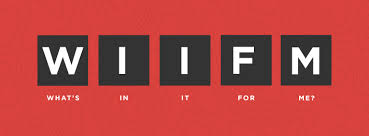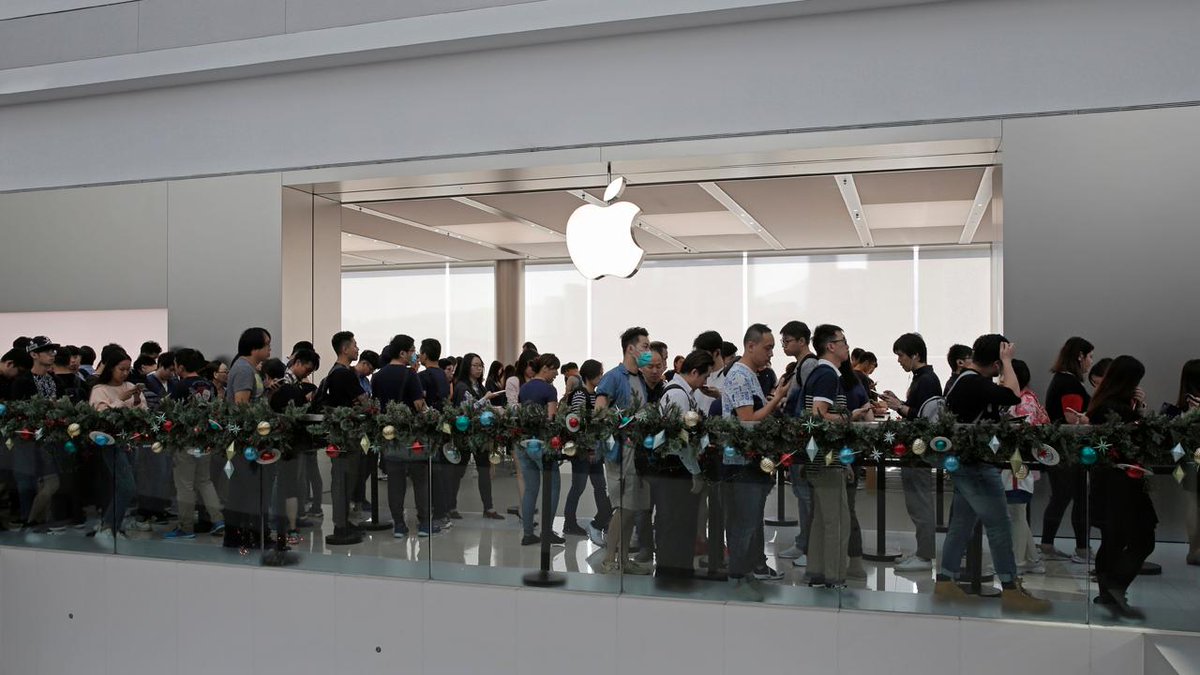Five years ago today, I started my first patient on a Phase 1 study for #uvealmelanoma. Today, we learned that it improves survival over single agent checkpoint blockade.
Thanks @Immunocore and colleagues! So excited to offer this to pts soon! https://www.immunocore.com/news/immunocores-tebentafusp-demonstrates-superior-overall-survival-compared-investigators-choice-phase-3-clinical-trial-patients-pre">https://www.immunocore.com/news/immu...
Thanks @Immunocore and colleagues! So excited to offer this to pts soon! https://www.immunocore.com/news/immunocores-tebentafusp-demonstrates-superior-overall-survival-compared-investigators-choice-phase-3-clinical-trial-patients-pre">https://www.immunocore.com/news/immu...
I was going to do a mini-thread on the science of #uveal #melanoma in context of this trial but my brain is fried and talking about immune redirection is TOO BLAND for 11pm Eastern. Instead, I want to talk about how this result reinforces my love of, and belief in, science. 1/n
The prospective randomized trial aiming to improve overall survival is the loftiest goal in oncology. Any oncologist enrolling a patient on a trial knows which arm is supposed to be better, but we have to stay humble and remind ourselves that we haven’t proven anything yet. 2/n
We have to work hard to keep our inner dispassionate scientist in charge of the emotional part of us who “feels” or “just knows” which treatment is better. The only way to know is to do the experiment. But it isn’t always easy when someone is randomized to the control arm. 3/n
This is *especially* true when there isn’t a crossover opportunity to get the other drug if the first one fails. You understand crossover is not allowed to ensure we don’t dilute out the effect of a potentially active drug, but we get FOMOOE (fear of missing out on efficacy). 4/n
On this trial, 2 of 3 patients were assigned to tebentafusp – the great hope, the favored child, etc – and 1 of 3 to pembro or ipi (or dacarbazine if you’re, uh, old school). We had already seen tebentafusp work well in a couple patients in earlier trials, so we were excited. 5/n
We randomized a decent number of people, but by sheer (bad?) luck, more than expected got the 1/3 arm. I hated putting my patients on pembro, but again, I had to remind myself: what do we know yet? Nothing! You offer the trial to gain the knowledge, not presuppose it. 6/n
The hardest question to answer from a patient considering a randomized trial with no crossover is "what’s in it for me if I just get the regular drug?" The drawbacks are clear (longer wait times, potentially more tests). The benefits are less so. 7/n
And of course patients can always back out if they don& #39;t like their random assignment, but if that happens a lot, then it& #39;s a sign your trial sucks and casts doubt on the validity of the whole experiment. So how do you balance the pros of a novel drug w/ those of control arm? 8/n
I focused on two tangible benefits. First, we are helping advance science. YAY!
This is nice, and motivated some people, but it’s a heavy lift to ask folks with advanced cancer to spent their precious time being altruistic. 9/n
This is nice, and motivated some people, but it’s a heavy lift to ask folks with advanced cancer to spent their precious time being altruistic. 9/n
I felt the second benefit was real, clear, and undeniable: earlier access to the experimental drug if it turns out to work. This took a LOT more time to explain in clinic, but it is a real benefit, one I can stand by, and as a result I can get real pt buy-in without remorse. 10/n
If a trial proves an OS benefit, it is unethical to restrict access for patients randomized to the control arm. The drug will (often) be approved for standard use, but it will take time to review. The patients who have been patiently waiting for this to open get it first. 11/n
Today, I got the opportunity to tell a couple of those patients: you know that signal we were waiting for? It finally arrived! You will probably get access to that drug soon, if we still want to try it.
This was an unspeakably wonderful feeling. 12/n
This was an unspeakably wonderful feeling. 12/n
BUT, what of those left behind? What do I tell the families of those patients who have died? Have we forgotten them? Is their death all for naught?
13/n
13/n
On the contrary.
On a day like this, oncologists celebrate and commemorate.
Outwardly, I cheer my crossover pts and the future folks we might help.
I spend just as much time, if not more so, remembering those who died to help prove the benefit for the future. Thank you. 14/n
On a day like this, oncologists celebrate and commemorate.
Outwardly, I cheer my crossover pts and the future folks we might help.
I spend just as much time, if not more so, remembering those who died to help prove the benefit for the future. Thank you. 14/n
Lots of people die of cancer.
It is very few (an estimated 5% or less) who will participate in a clinical trial to help us answer fundamental questions on how to best care for people.
It is an incredibly powerful legacy.
15/n
It is very few (an estimated 5% or less) who will participate in a clinical trial to help us answer fundamental questions on how to best care for people.
It is an incredibly powerful legacy.
15/n
It is the greatest joy of my professional life to earn the trust of someone who is gravely ill and to keep it throughout the end of their life. I promise we work really hard to earn that trust by running ethical experiments, in cancer, infectious disease, you name it. 16/n
Thank you to those who died on clinical trials so that future people may live longer and better lives. Today it was #uveal #melanoma; tomorrow it will be #COVID19. I sincerely hope and believe we will continue this uneven, oft-times inequitable, march towards progress. 17/n
COVID-19--the intense inequities it has laid bare, the destruction it has wrought, the politics it inflames-- threatens science. We risk losing our patients’ trust.
Scientists must remain transparent and humble. We have to communicate the risks and benefits fairly. 18/n
Scientists must remain transparent and humble. We have to communicate the risks and benefits fairly. 18/n
We must, as Paul Chapman says, "always finish the experiment."
If it works, and in this case works well enough to suggest a ~50% reduction in risk of death, only then do we say: we know one answer. And we can celebrate a bit, before we go back to work. It never ends.
19/n
If it works, and in this case works well enough to suggest a ~50% reduction in risk of death, only then do we say: we know one answer. And we can celebrate a bit, before we go back to work. It never ends.
19/n
I love this iterative, flawed, uniquely human process of generating knowledge to help people. I will do this until I die.
To the public we serve: I promise we are hard at work for you.
To my fellow scientists: let& #39;s continue to earn that trust.
20/20 FIN
To the public we serve: I promise we are hard at work for you.
To my fellow scientists: let& #39;s continue to earn that trust.
20/20 FIN

 Read on Twitter
Read on Twitter




